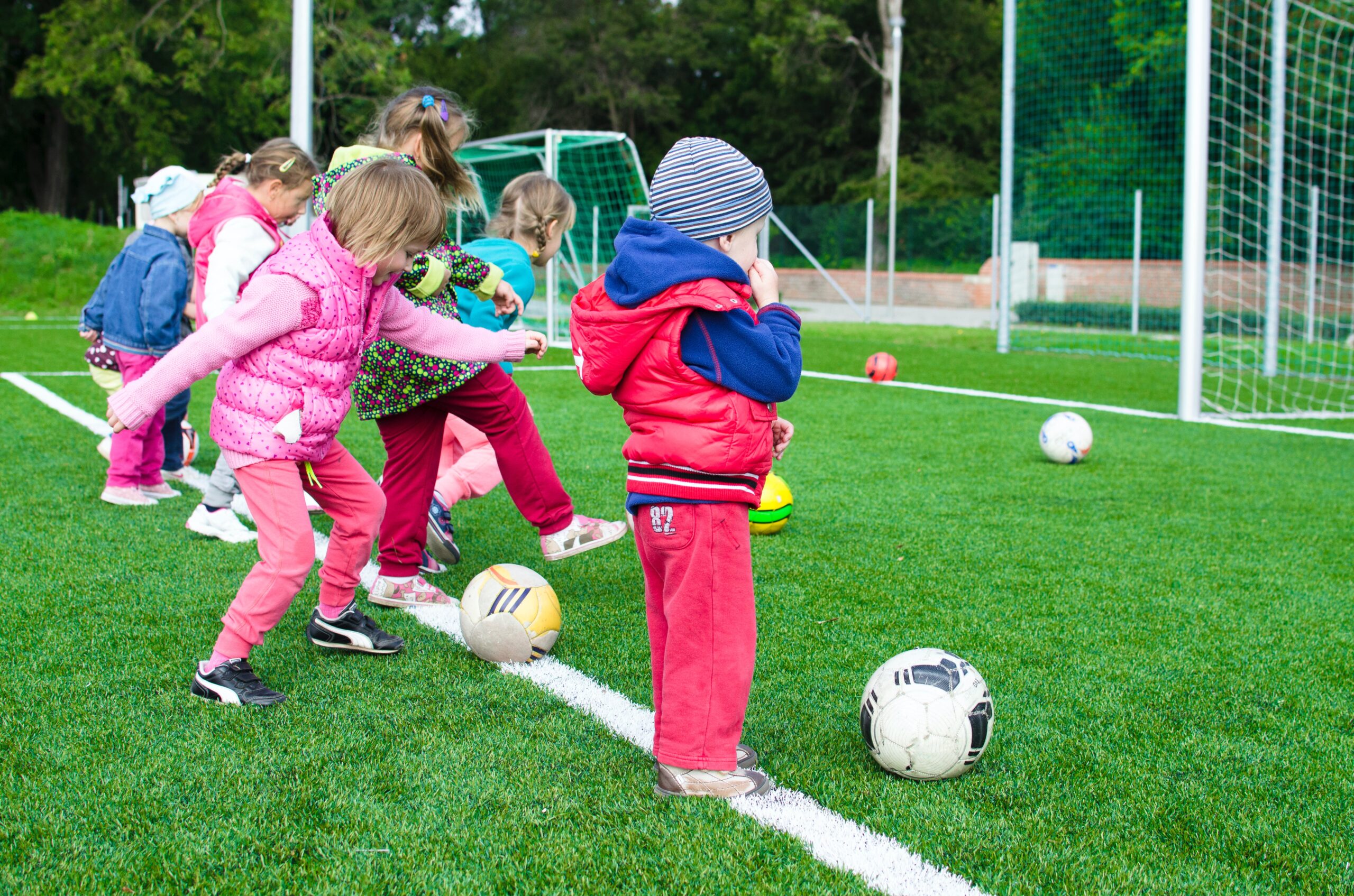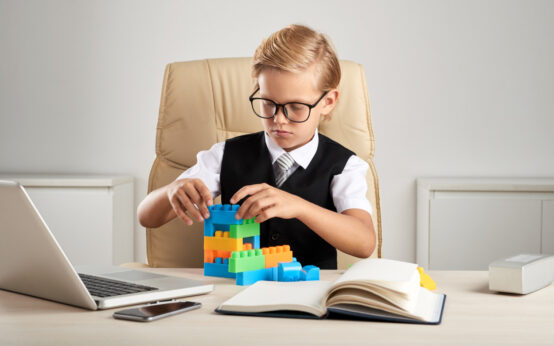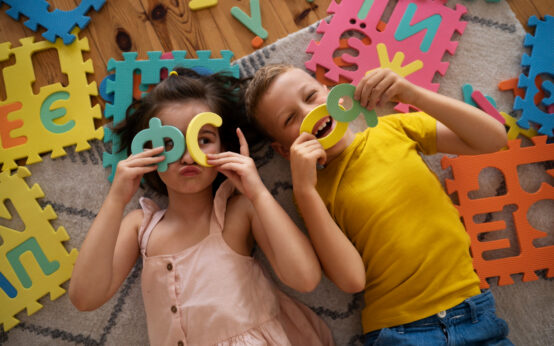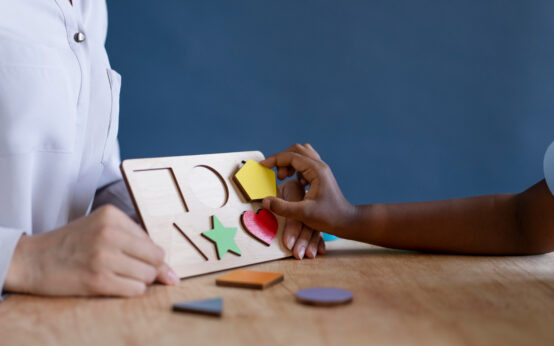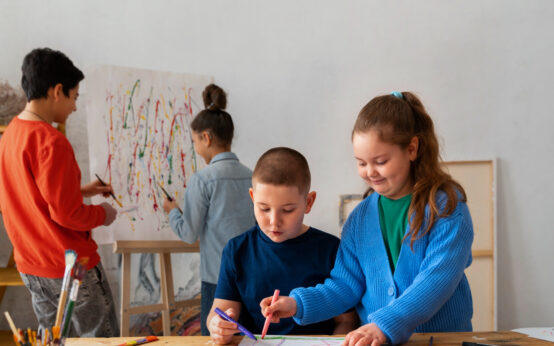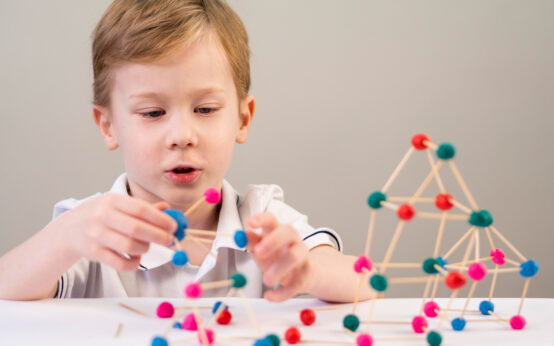Introduction
Facilitating a sense of belonging is crucial in a child’s development. Some sports not only offer physical activity but also contribute to the development of social skills, coordination, and overall well-being. According to a 2020 review, participating in physical activities can significantly benefit autistic children by improving their social skills, communication abilities, and motor skills.
While the challenges vary due to individual traits, some autistic children may find it difficult to participate in certain sports. Factors such as lower muscle tone, affecting gross motor skills, and sensory issues like bright lights or loud noises can pose barriers. However, understanding which sports best support mental and physical health can aid parents in fostering their children’s growth.
Why Some Sports Can Be Challenging
Kate Usher, an occupational therapist associated with Durand, an autism non-profit, emphasizes that success in sports often hinges on factors such as balance, body coordination, motor planning, and visual-motor skills. Autistic individuals may encounter challenges due to lower muscle tone affecting their performance. A 2021 study suggested that autistic adolescents may display increased movement variability and reduced coordination during walking and running.
Social communication difficulties can pose challenges for individuals with autism in participating in collaborative sports. Sensory issues may further impede engagement, especially in group sports with neurotypical peers. Despite these challenges, Usher emphasizes the importance of affording every child the opportunity to experience the joy that sports can bring to their quality of life.
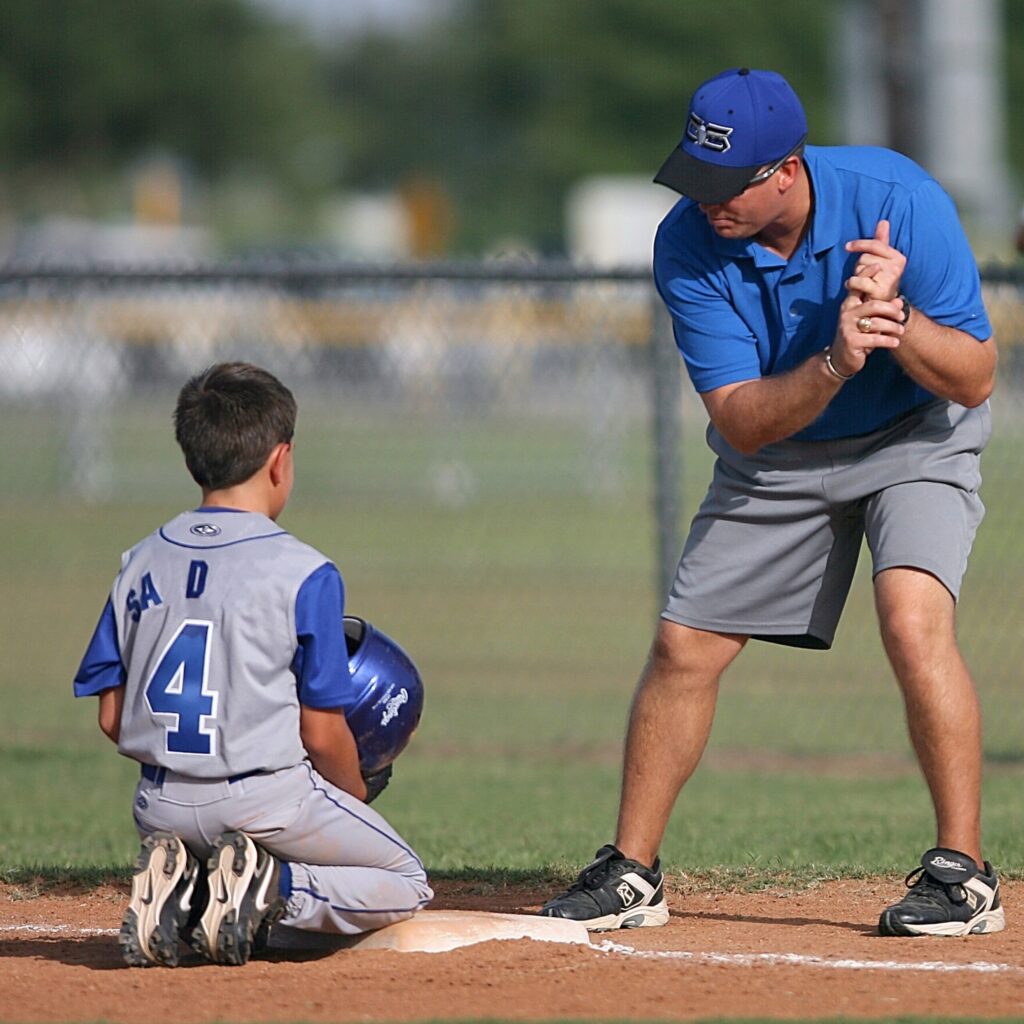
Finding the Right Sport
The most suitable sports for autistic children are those that align with their intrinsic motivation—activities that they find fun and enjoyable. If a child expresses interest in sports, parents can encourage exploration and explore sports community camps as a supportive environment.
Top Sports for Autistic Children
Swimming
Swimming has proven to be a highly beneficial leisure activity for children with autism, as evidenced by a 2016 study that highlighted its preference among this demographic. In contrast to their neurotypical peers, autistic children not only engage in swimming as a recreational pursuit but also experience a level of enjoyment that surpasses typical leisure activities. The therapeutic potential of swimming for autistic children extends beyond mere enjoyment, as supported by recent research findings in 2021. This study revealed that swimming plays a pivotal role in enhancing gross motor control among children with autism, showcasing the positive impact of aquatic activities on their physical development.
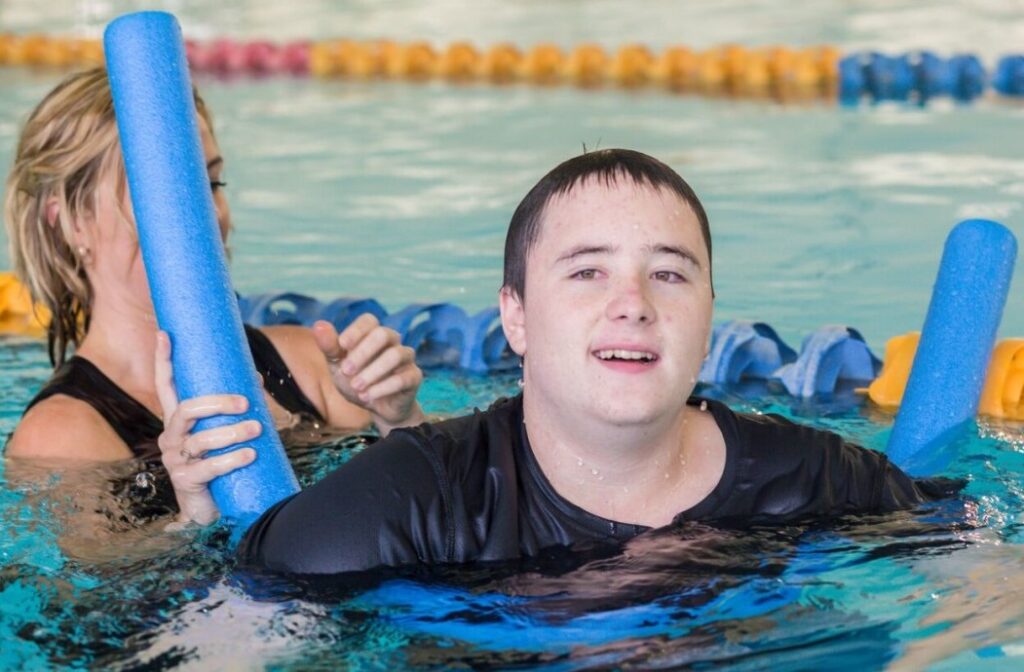
In the world of sports, every child deserves a field of acceptance and understanding. Optimizing sports for autistic children isn’t just about the game; it’s a guide to fostering social skills and well-being, ensuring every step on the field is a leap towards inclusivity and joy.
Dr. Stephen Shore
Horseback Riding
Celebrated for its calming attributes and therapeutic advantages, horseback riding emerges as an exceptional avenue, especially within the realm of equine therapy, to foster profound connections for children on the autism spectrum. The inherent tranquility of this activity contributes to a sense of relaxation, while simultaneously engaging and strengthening various muscle groups. Notably, a comprehensive study conducted in 2018 revealed encouraging outcomes, such as a reduction in irritability levels and notable enhancements in social behaviors. This underscores the potential of horseback riding as a holistic and enriching experience, tailored to meet the unique needs of autistic children, promoting not only physical well-being but also significant strides in their social and emotional development.
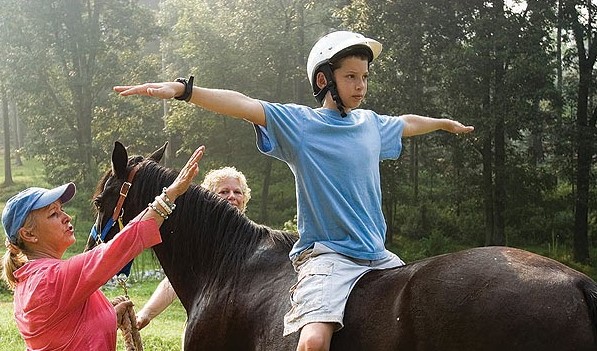
Martial Arts
Engaging in martial arts like Karate, taekwondo, or judo offers a dual benefit for autistic children, fostering physical agility and addressing social interaction challenges. A 2019 study revealed that a 13-week mixed martial arts program significantly enhanced executive function in school-aged autistic children, underscoring the positive impact of such activities on cognitive and social development. These disciplines provide a structured environment that encourages skill development, self-discipline, and improved overall well-being for children on the autism spectrum.
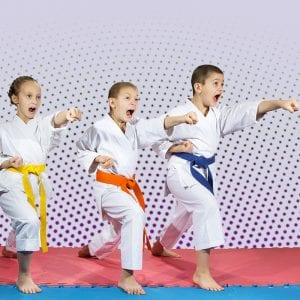
Group Sports
Although collaborative sports pose greater challenges, participating in both individual and group sports is beneficial for development. Certain sports centers provide buddy programs, pairing autistic children with peers or adults to offer support. Practicing skills in a safe environment before group sessions can enhance engagement.
Conclusion
In the end, the most suitable sports for autistic children are the ones they find most appealing. Both individual and group sports offer numerous benefits, supporting an active lifestyle, communication skills, strength development, and, most importantly, inclusion in the community.
Source
- Pan, C. Y., Tsai, C. L., & Chu, C. H. (2020). Fundamental Movement Skills and Physical Activity among Children with and without Autism Spectrum Disorders: A Systematic Review. PloS One, 15(7), e0235853.
- Ming, X., Brimacombe, M., & Wagner, G. C. (2007). Prevalence of motor impairment in autism spectrum disorders. Brain and Development, 29(9), 565-570.
- Usher, K. (2021). Personal communication.
- Wang, H., Xiong, Y., Li, Y., Wang, R., Chen, X., & Yu, R. (2021). Gait characteristics of adolescents with autism spectrum disorder: A systematic review. PloS One, 16(1), e0244937.
- Ketcheson, L., Hauck, J. L., Ulrich, D., & Boyd, R. N. (2016). The effects of aquatic intervention on perceived physical competence and social acceptance in children with autism spectrum disorders. International Journal of Disability, Development and Education, 63(3), 269-278.
- Lee, H., & Kim, C. (2021). The effects of swimming program on gross motor control of children with autism spectrum disorder. Medicine, 100(32).
- Kern, J. K., Fletcher, C. L., Garver, C. R., Mehta, J. A., Grannemann, B. D., Knox, K. R., & Trivedi, M. H. (2018). Prospective trial of equine-assisted activities in autism spectrum disorder. Integrated Healthcare Journal, 1(1), e000004.
- Sowa, M., & Meulenbroek, R. G. (2019). Effects of physical exercise on Autism Spectrum Disorders: A meta-analysis. Research in Autism Spectrum Disorders, 59, 40-52.
